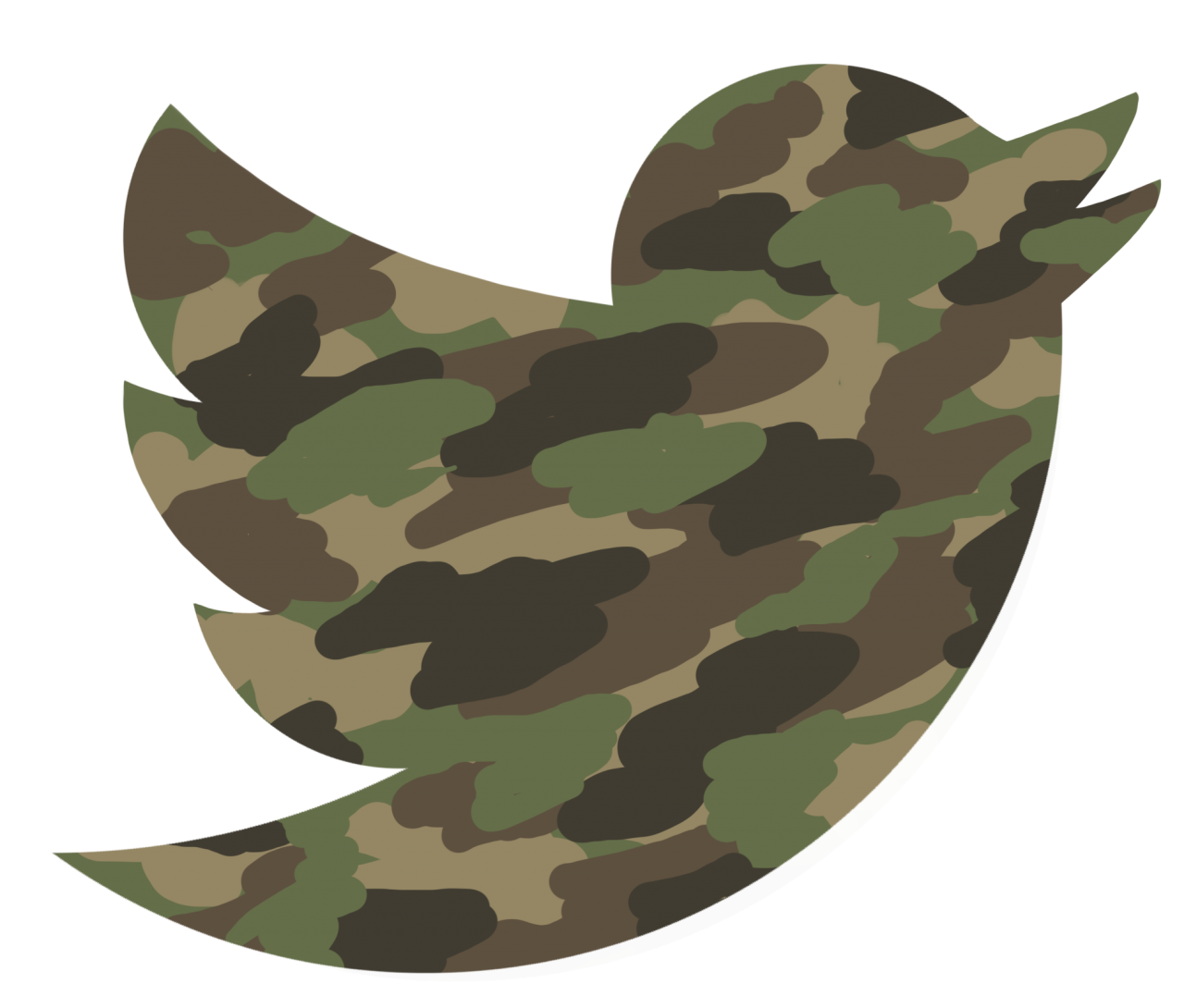Illustration by Andrea Nebhut
In the wake of the assassination of Iranian commander Qasem Soleimani, young social media contributors flooded Twitter, TikTok and other sites with memes and jokes about World War III. Ranging from jokes about being drafted to how users would fare in combat, these memes made light of the ongoing global tensions in an effort to bring humor into an otherwise bleak-looking situation. However, some pointed out the brutal atrocities of war and called for it to not be trivialized through jokes. While efforts to joke about the prospect of war may be positive in intent, they may also run the risk of being insensitive about issues from which innocent people die regularly. This begs the question: Where is the line?
Dark or gallows humor can play a major role in reclaiming power over an otherwise hopeless-feeling situation. According to humor psychologist Nichole Force, such humor can be a method of resilience, one that “has the power to soothe suffering.” She cites the numerous times throughout history when the oppressed used humor as a way to survive mentally in brutal conditions. In these cases, gallows humor has an important role in subverting oppressive power — it allows people to reclaim a bit of agency over their situation and process it in a way that doesn’t cause further stress or anxiety.
One might argue that this is the case with many of the World War III memes recently. In the face of a federal government that seems hell-bent on creating more conflict in the world, it seems reasonable that we, the generation who will have to live with this war-torn planet, would want to cope with this recent news using humor. But in order for these jokes to not cross the line into insensitivity, they need to contain an awareness of who has power and privilege.
One thing we should keep in mind is that the last war to have taken place primarily on American soil was the Civil War. Conflict with a foreign nation happening in our homes or in our streets is a concept for which we have almost no reference point. For many around the world, however, war is the norm, and often our country’s policies start or worsen these conflicts. The fact that a direct conflict with Iran is such a shock to us is revealing of our immense privilege — it’s not often that we think about how war could directly affect our lives. For us, war is something that happens someplace else, to other people who have no connection to us.
This fact is what is lacking from many memes and jokes about a war with Iran, as we will likely never face any direct consequences from this conflict, and it shows in much of the World War III humor. One TikTok video posted to Reddit with thousands of upvotes shows a teenager doing a Fortnite dance over the camera with the caption “POV: You’re a dying Iranian soldier during WWIII and this is the last thing you ever see.” This might be a joke partially making fun of our own ridiculous dancing trends, but it also makes light of Iranians’ deaths in an extremely crude way. In the case of this joke and many like it, humor isn’t being used against the oppression of the U.S. military or the political leaders who allowed for this conflict. Instead, it turns the potential deaths of real people into a punchline, trivializing disasters that make up the everyday lives of people who suffer.
When we consume these jokes and laughingly scroll to the next one, it’s important to consider who is the “winner” and who is the “loser” in the joke. It’s something we don’t often think about when we come to social media looking for a quick laugh, but it’s crucial to making sure our humor is purposeful. One Iranian-American girl, for example, posted a TikTok video joking about meeting her Iranian cousins during the war and excitedly celebrating seeing them again. Not only is the premise funny, but it reclaims the serious nature of the situation and turns it into a positive hypothetical. To overanalyze it a bit, the video subverts the sometimes arbitrary national distinctions that determine who has to fight who and points out that we often have more in common with the supposed “enemy” than our political leaders would have you believe.
To say that you can or can’t joke about a certain topic is pointless. People will always make good- and bad-taste jokes about any topic, but we should stay aware of how humor should be used to critique large institutions and speak truth to power. Not only does this make the joke funnier and relatable to more people, but it maintains a level of sympathy for the marginalized that forces us to consider how these dark, hopeless moments can be remedied for a more just future.






